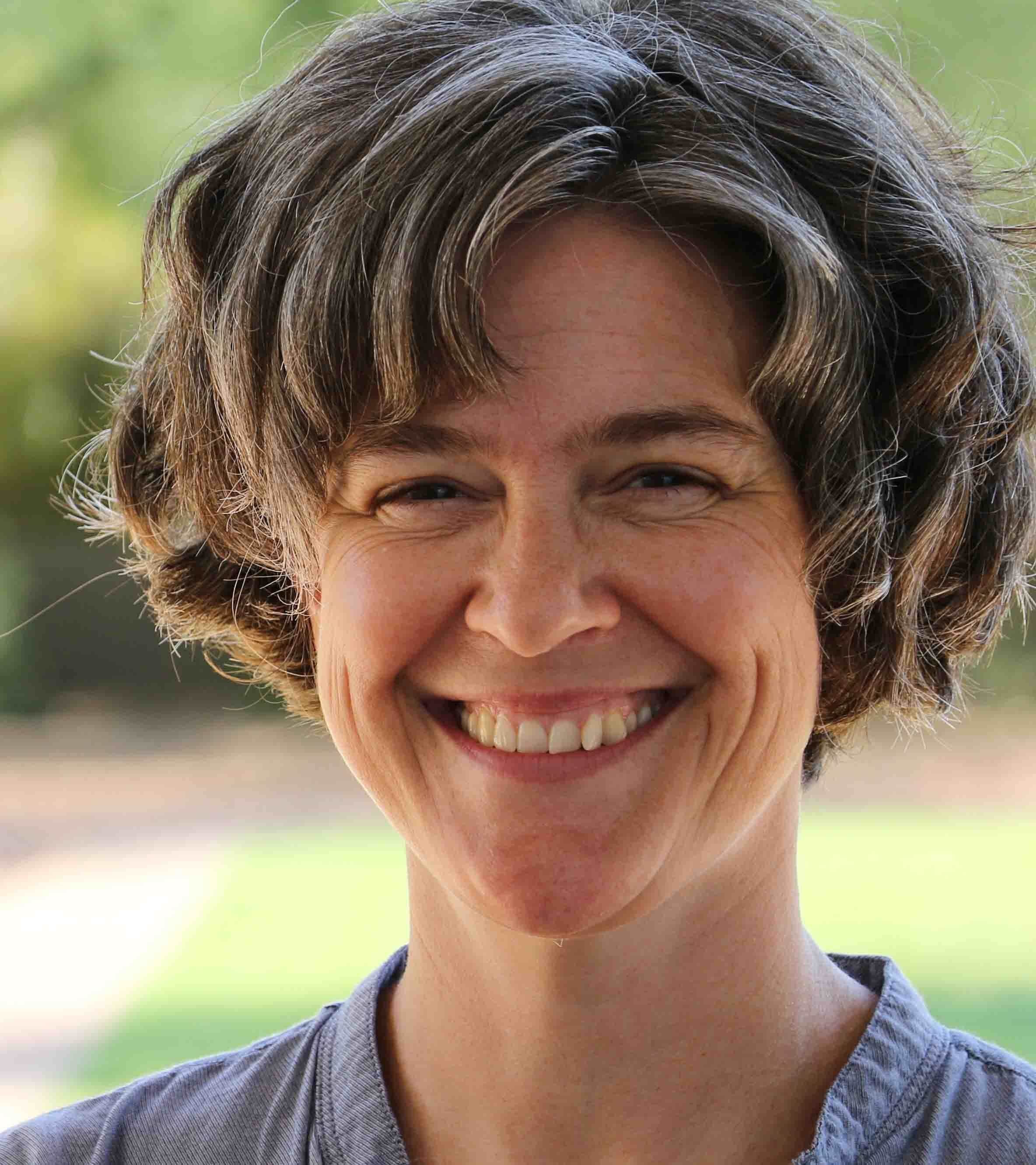Senator Spotlight January 2019
This Month's Senator Spotlight is on Marianne Moore
What unit do you represent?
The College of Integrative Sciences and Arts, Science and Mathematics Faculty, Polytechnic Campus.
How many years have you served in the Senate?
I have served for 2.5 years, starting in the fall semester of 2016.
How many years have you been employed at ASU?
I have served for 3.5 years, starting in the fall semester of 2015.
What other institutions have you taught at before coming to ASU?
Bucknell University and Suffolk County Community College.
Long version:
As a postdoc at Bucknell University (Lewisburg, PA), I taught Wildlife and Zoonotic Diseases and undergraduate research. As an IRACDA Postdoctoral Scholar (NIH’s Institutional Research and Career Development Award) at Stony Brook University, I co-taught Principles of Biology (BI 101) at Suffolk County Community College, Brentwood, NY.
What is your research and/or creative activities focus?
My research group focuses on wildlife. We ask physiological and immunological questions that connect host-pathogen interactions with the ecology and evolution of host species. We are particularly focused on bat white-nose syndrome (WNS), an emerging fungal pathogen that is decimating some North American hibernating bat populations. We use high-throughput proteomics, immunological assays, bioinformatics, and field-based methods to help understand why some species experience high rates of mortality, but others appear unaffected, and to help predict how species currently outside the affected area (e.g. desert southwest species) will respond.
Why did you decide to get involved with the Senate?
Mentors encouraged me to join the Senate. I recognized an opportunity to become involved in service activities outside my unit and gain a broader perspective on the functioning of this institution.
Describe what you have learned during your time in the Senate.
I have learned an enormous amount about the role of faculty in shared governance. Specifically, how the Senate can positively impact the overall quality of education and resources provided to our students and increase the support our fellow faculty and staff members receive while participating in these endeavors.
What committees have you participated in, or would like to participate in and what were you able to (or hope to) accomplish?
I am on the Senate Personnel Committee and participated in several efforts to support our faculty members. One among those was to help ASU avoid potential discrimination in dependent documentation requirements for ASU health benefits. I also participated in efforts to clarify how merit pay is determined and distributed, and to consider tenured/tenure-track faculty salary ranking amongst our ABOR approved peer institutions.
What would you say to your peers who might be considering accepting a nomination or nominating himself or herself for a position in the Senate?
Participation in the Senate provides very specific views on the structure within which ASU functions that cannot be perceived at only the unit level. Members of the Senate are directly involved in deciding course and programmatic offerings and generating initiatives to improve student support and quality of our workplace. We contribute to the steps that ASU is taking to be an institution that increasingly honors diversity, inclusion, accessibility, and high quality education and research. By communicating back to my unit, I feel particularly honored to be involved in ensuring faculty members, especially those outside of the Senate, feel well informed and connected.
